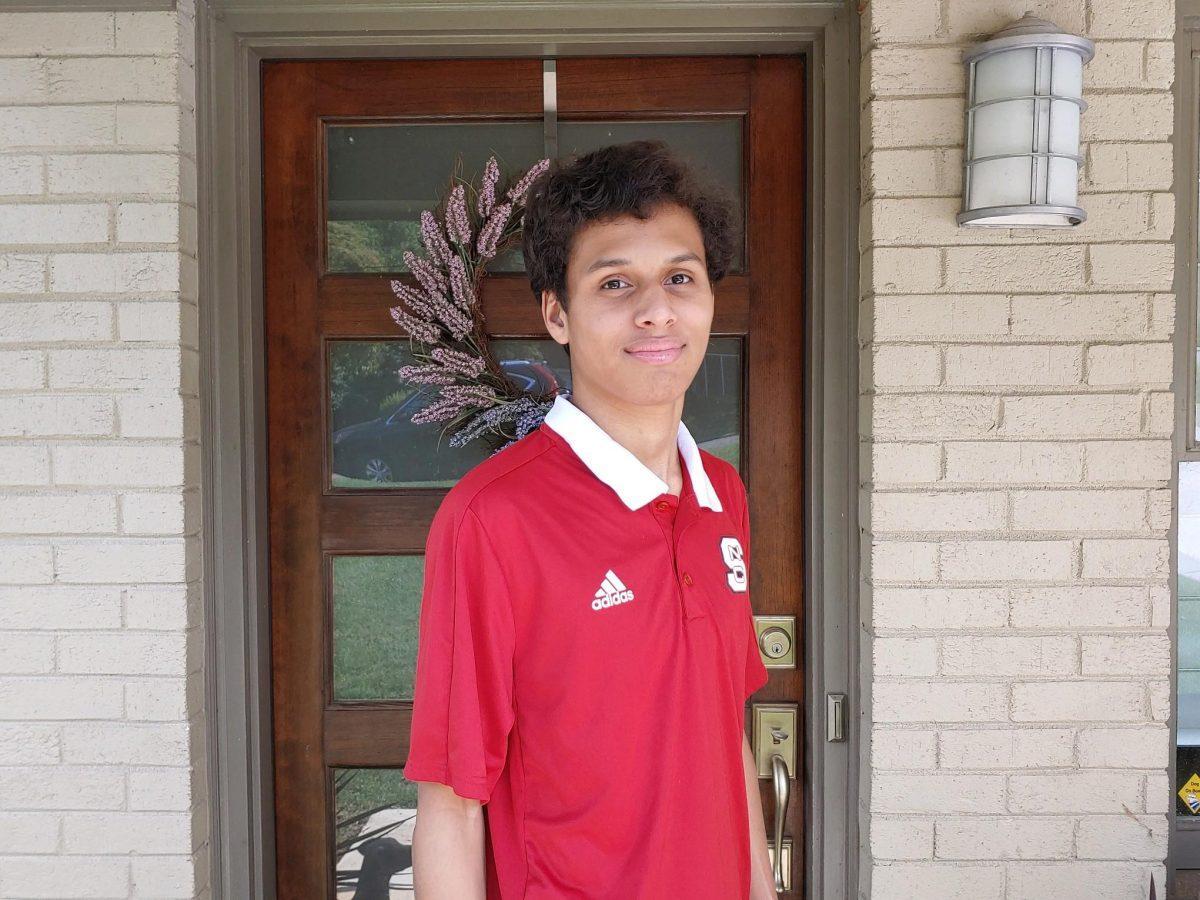For those who are unaware, NC State sent an email last week requiring all students to take a diversity and inclusion seminar by Feb. 1, 2021. After completing the seminar, I can say that it was worthless and a waste of time. Furthermore, it actually hurts the discussion about identities and forms of discrimination.
For one, diversity training doesn’t really change people’s behavior. An article published by the Harvard Business Review provides some reasons why it doesn’t work. One reason is that most people will forget what they learned in a day or two. Since this seminar lasts around 40 minutes with no follow-up, many people are going to forget what they learned.
The article then mentions that, when people are forced to attend them, like NC State is doing to us, people will become resistant to learning the message. While I can’t speak for everyone, I barely paid attention to what was being taught. As a result, I learned nothing from this seminar.
Plus, we have proof of this here at NC State. Do all engineering students remember what they learned in physics? No.
My second critique is about audiences. This seminar tries to address many people at once who have varying knowledge about diversity and inclusion. I am a CHASS student, so discussions on diversity and inclusion are embedded into my curriculum. Some of my classes go further and discuss how discrimination is prevelant through various systems and institutions.
However, there are some people who aren’t knowledgeable about this topic. It’s a sad but inevitable truth that those who are not interested in the topic but are forced to learn about it won’t take the conversation seriously. Most people will discuss how much the webinar was a nuisance and not the material being shown.
My last critique is how the seminar focuses on the interpersonal aspect of diversity and inclusion but not the systemic problems associated with it. It’s important that we learn about different identities and the microaggressions some marginalized groups face on a daily basis, but that is not the whole picture.
What I have learned from SOC 305: Race and Ethnic Relations is that most forms of discrimination are implicit, systemic and institutional. Some examples I learned from the course are wealth disparities caused by unequal housing opportunities, how stereotypes can lead to the creation and justification of forms of oppression and implicit biases in the job-hiring process.
While the seminar does mention systemic and institutional discrimination, it is a small fraction of the whole program, instead focusing on the interpersonal aspect. While it is important we are aware of our own biases and try to not offend people, we need to focus on systemic issues because those are the ones that hurt various groups of people the most.
The ideas and information surrounding diversity and inclusion are ongoing. It is not the interpersonal aspect, but systemic and institutional issues that harm various groups of people. Unfortunately, it is not possible to cover all of this in a 40-minute, one-time seminar most people aren’t going to take seriously. However, there are programs at NC State that do an excellent job talking about diversity and inclusion.
Nubian Message discusses diversity issues about NC State and the Raleigh area. The Women’s Center, GLBT Center and the African American Cultural Center host a lot of seminars and events talking about these issues. You can take a humanities and social science course like history or sociology, or even a literature course to have discussions about these topics.
There are a lot more resources available at NC State, but these are just a few. The most effective discussions are voluntary and ongoing, especially concerning diversity and inclusion. Unfortunately, the webinar that NC State forces upon us is not one of them.














